TEHRAN(Bazaar): The next cycle of EU funded development aid (covering the period 2021-2027) will take place in the context of the Afghanistan Peace Negotiations, Roland kobia tells Bazaar in an exclusive interview.
Noting the the importance of Afghan refugees, kobia also says that the EU greatly appreciate the role of both Iran and Pakistan for their efforts in this regard.
Roland Kobia is the EU Special Envoy for Afghanistan, emissary of the High Representative of the Union for the Foreign Affairs and security policy.
The following is the text of the interview:
Bazaar: The European Commission recently announced that it would provide a total of € 1.2 billion in assistance to Afghanistan over the next four years (2021-2025). How can this commission help establish democracy, sustainable development and modernization in Afghanistan?
Kobia: The European Union (EU) has a long-term commitment to support the people of Afghanistan on their path towards peace, security and prosperity. From 2002 to 2020, the European Union has committed around €5.1 billion in development aid to Afghanistan, which makes Afghanistan the largest beneficiary of EU development assistance in the world.
We are coming to an end of the EU’s current cooperation program covering the period 2014-2020 (“the Multi-Annual Indicative Program”), amounting to EUR 1.4 billion and focusing on three sectors: (1) peace, stability and democracy; (2) sustainable growth and jobs; and (3) provision of basic services to citizens.
Just to give you an example, the EU adopted a program for the provision of community-based service delivery in urban areas (supporting the Afghan Government’s Citizens Charter) and a decision to support, for the first time in history, the electrification of the border region of Badakhshan.
The EU also support migrants, refugees, returnees and internally displaced people in Afghanistan, Iran and Pakistan. Since 2016, the EU has committed around EUR 260 million benefitting Afghan people on the move in the region; in particular returnees to Afghanistan, IDPs in Afghanistan and Afghans in Iran and Pakistan, as well as their host communities. The EU greatly appreciate the role of both Iran and Pakistan for their efforts in this regard.
The EU adopted a robust response to the effects of COVID-19 in Afghanistan through support aimed at reinforcing the health system and mitigating impact on the economy, food security, and the peace process EUR 146 million including development and humanitarian assistance of which EUR 79 million are fresh funds). Budget support disbursement this year provided fiscal space to address the fall in revenues.
The EU also believes that connectivity is a vector for peace and for a number of years has been deeply engaged in promoting Afghanistan’s connectivity with its Central Asia neighbors in areas such as trade, border management, the environment and people-to-people exchanges.
EU cooperation has contributed to many important development achievements in Afghanistan: In the last 20 years, life expectancy has grown by one decade. New-born mortality rate fell from 53% to 23% in the past two decades. For example, the EU’s financial support contributed to keeping around 3000 health facilities operational, thereby providing services to over 600,000 patients per month. Around 90% of the Afghan population can reach the nearest health facility in one hours' time compared to 10% in 2002. The number of connections to the electricity grid has increased from 230,000 to nearly 1.5 million.
Let me highlight that both the EU High Representative Borrell and EU Commissioner "Jutta Urpilainen" stressed that EU support will be maintained or reviewed depending on Afghanistan’s continued commitment to democracy, the rule of law, human rights, and gender equality.
Bazaar: Given the fact that peace in Afghanistan is in the interest of regional and global stability, what are the priorities of the EU strategies for Afghanistan?
Kobia: Our support shows that the EU wants to see the wish of Afghans realized to have a democratic and self-reliant Afghanistan, at peace with itself and its neighbors. We will continue supporting the Islamic Republic of Afghanistan in its democratic institution building and the preservation of the political, economic and social achievements of the last nineteen years.
The EU also encourages continued progress on governance, including a more effective fight against corruption.
The EU is committed to seek durable solutions to the Afghan displacement crisis, in partnership with like-minded donors and actors. Sustainable reintegration of returnees and internally displaced persons will remain a relevant aspect of EU cooperation with Afghanistan, linked to support to Afghan refugees and their host communities in Iran and Pakistan.
Additional EU priorities include fighting against terrorism and violent extremism, stemming irregular migration to Europe, as well as trafficking in human beings and narcotics.
Bazaar: A few days ago, news reported that Iran was ready to connect the gas and oil pipelines to Afghanistan to enable the people of this country to use these energies. With this in mind, how can we develop and strengthen bilateral economic relations between Iran and Afghanistan as two friendly and neighboring countries?
Kobia: Regional integration is fundamental for peaceful co-existence. This has been one of the fundamental successes of the EU’s own integration process. Closer social, economic, cultural and political interaction act as a remedy for conflict and foster stronger economic development. What specific economic relations would be beneficial to Iran and Afghanistan will have to be decided by the market, and governments, but it is crucial that it is in line with international commitments, is transparent and ultimately work to the benefit the people. Apart from economic cooperation, we would like to see all countries in the region engage in a constructive and principles-based support to the ongoing peace process and join our call for an immediate and permanent ceasefire. Peace and stability is a fundamental prerequisite for development and prosperity.
Bazaar: Since the fall of the Taliban in 2001, the European Union, along with the United States, has been a key supporter of Afghanistan. In addition to sending thousands of troops to Afghanistan, EU members have made significant contributions to Afghanistan's development. As the Union Special Envoy to Afghanistan, how have you taken steps to bring peace to Afghanistan and improve the country's economic situation?
Kobia: The EU has been a principled supporter of peace, human rights and development in Afghanistan. Through our political engagement we have supported the Afghan-led, Afghan owned talks. Some of the EU member states are actively involved in facilitation a productive peace process, and the EU has clearly articulated its principles and the aim to support an Afghanistan that is peaceful, secure, stable, and defends UN values on rights, minorities, women that the country has signed up for through international treaties, conventions and covenants.
The EU and its member states have contributed substantially, to the economic and social development in Afghanistan. However, there is still much work to be done with our partners in Afghanistan. At the recent 2020 Afghanistan Conference in Geneva, the international community pledged substantial financial support for the years to come. It is important to note that our support is given in the spirit of partnership with joint responsibility. We are prepared to invest substantial resources in Afghanistan’s development. On the other hand, we expect that our partners in Kabul enhance reforms and transparency. We will jointly assess progress in this regard on an ongoing basis and adjust our interventions where needed. It is important to note that our support is based on an Afghanistan respecting international commitments.
The next cycle of EU funded development aid (covering the period 2021-2027) will take place in the context of the Afghanistan Peace Negotiations. While the areas in which we have worked are still relevant, we need to integrate the peace dimension in our planning, including the need to provide economic opportunities and address large population movements. The increase in poverty levels as a result of Covid-19 will be an important factor, too.
Interview by Tahmineh Ghamkhar

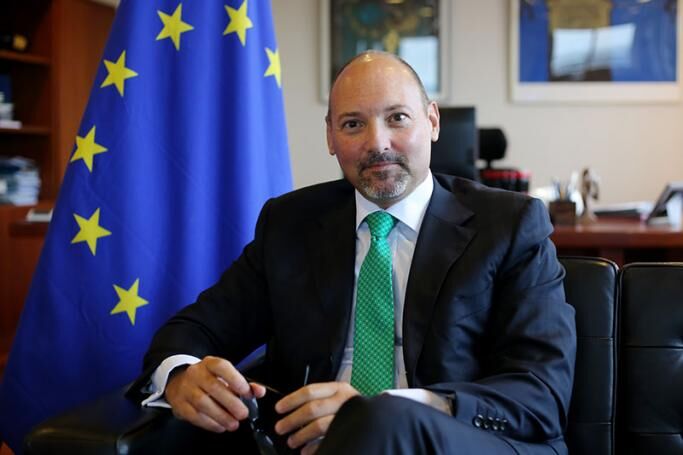



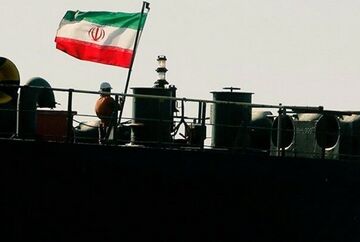
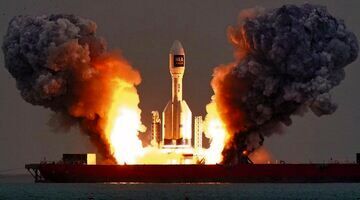
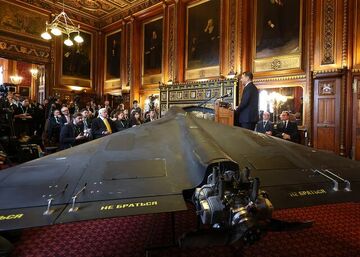
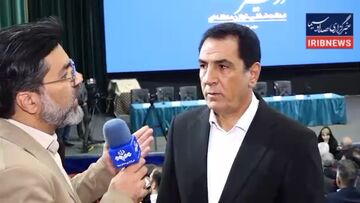
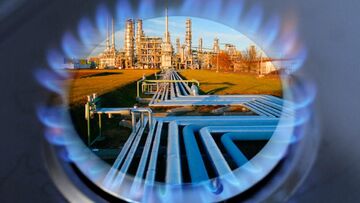
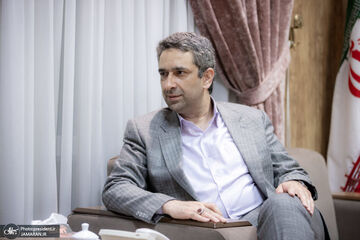
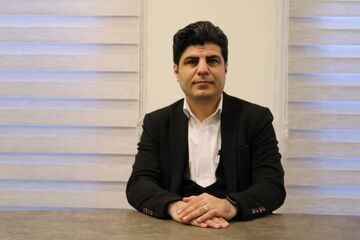
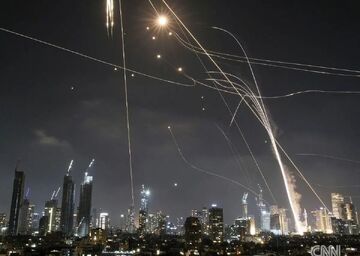
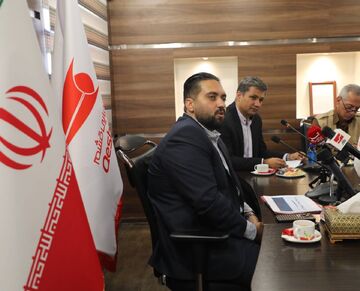
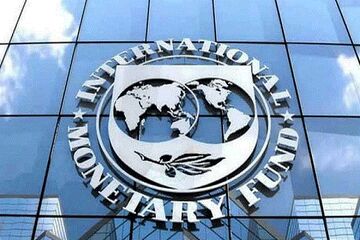
نظر شما